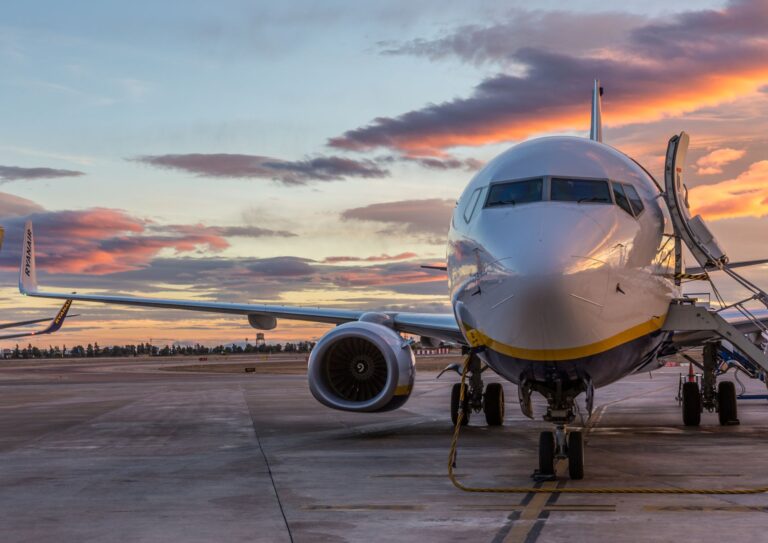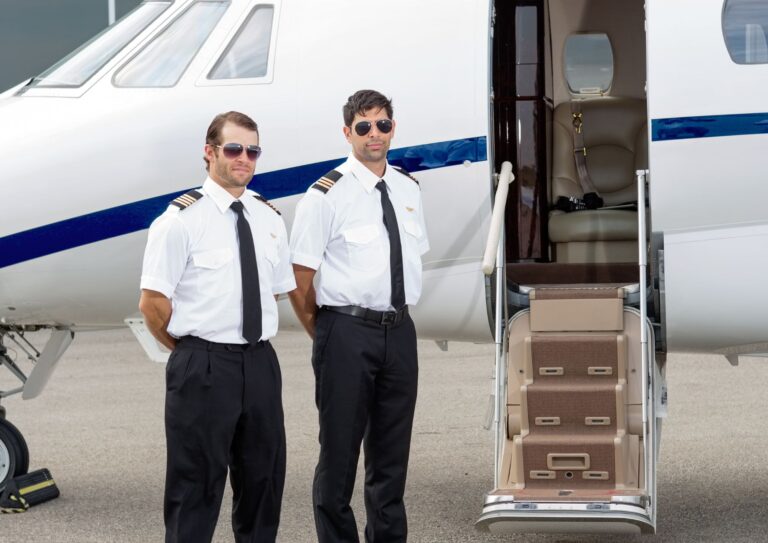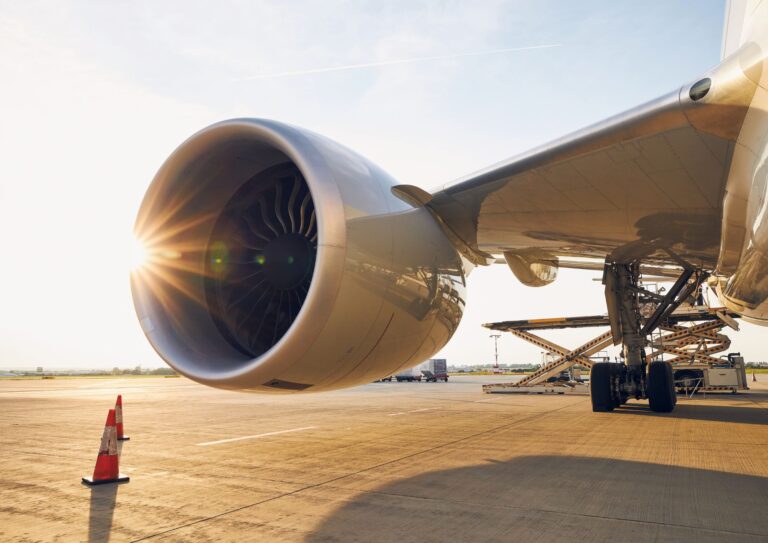Business travel has evolved significantly in recent years, with companies seeking more efficient and productive ways to transport their executives. The choice between private flight vs commercial flight has become a critical decision for many organizations. This comparison is essential as businesses aim to maximize time, enhance productivity, and provide a superior travel experience for their employees.
Private jet charter services offer unique advantages over traditional commercial flights for business travelers. They provide flexibility in scheduling, reduced travel time, and increased privacy. As companies expand globally and prioritize employee satisfaction, the benefits of private flights are gaining attention. This article will explore the key factors influencing the decision between private and commercial flights, including global business expansion, employee retention, environmental considerations, and technology integration.
Private flight vs Commercial Flight: Global Business Expansion
In today’s interconnected world, businesses are increasingly looking to expand their operations globally. Private flight has emerged as a powerful tool to facilitate this expansion, offering significant advantages over commercial flights for international business travel.
Accessing international markets efficiently
Private jet charter services provide unparalleled flexibility and convenience when it comes to accessing international markets. Unlike commercial airlines with fixed schedules, private jets allow business travelers to choose their departure times and destinations according to their specific needs. This flexibility enables companies to efficiently manage their time and adapt to unexpected circumstances, crucial for seizing opportunities in new markets.
Private jets also have the capability to access smaller and exclusive airports that are often situated closer to final destinations. This advantage significantly reduces ground travel time and allows businesses to avoid congested major airports, saving hours of valuable time. For instance, if a crucial meeting is scheduled in a remote location, a private jet can land at a nearby regional airport, ensuring more time is spent on productive activities rather than navigating through airports.
Overcoming language and cultural barriers
When expanding into new markets, overcoming language and cultural barriers is essential for success. Private flights offer a unique environment that can help address these challenges. The exclusive and luxurious setting of a private jet provides an ideal space for meaningful business discussions and relationship-building. This intimate environment allows for more personal interactions, leading to stronger connections and a deeper understanding of different perspectives.
Moreover, private jets offer a level of privacy and security that is unmatched by commercial flights. This confidentiality ensures that sensitive business discussions can take place without the risk of being overheard, allowing for more open and productive conversations about potential cultural challenges and strategies to overcome them.

Facilitating face-to-face relationship building
Face-to-face interactions are crucial for nurturing business relationships, especially when entering new markets. Private jet travel excels in this aspect by providing a conducive environment for relationship building. The comfortable and relaxed atmosphere of a private jet cabin fosters productive discussions and allows for more candid conversations.
Private jets also offer the flexibility to arrange impromptu meetings and networking opportunities. This adaptability enables businesses to capitalize on last-minute chances for collaboration and form valuable connections that might otherwise be missed. For example, a sudden opportunity to meet with potential partners or clients in a different city can be easily accommodated with a private jet, allowing for swift travel and maximizing the potential for successful outcomes.
In conclusion, private flight offers distinct advantages over commercial flight when it comes to global business expansion. Its efficiency in accessing international markets, ability to overcome language and cultural barriers, and facilitation of face-to-face relationship building make it an invaluable tool for companies looking to thrive in the global marketplace.
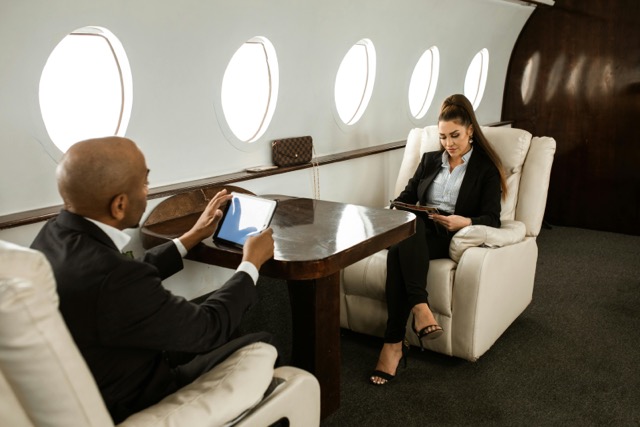
Private flight vs Commercial flight: Employee Satisfaction and Retention
Private flight has emerged as a powerful tool for enhancing employee satisfaction and retention in the corporate world. As businesses strive to attract and retain top talent, the benefits of private jet travel have become increasingly apparent.

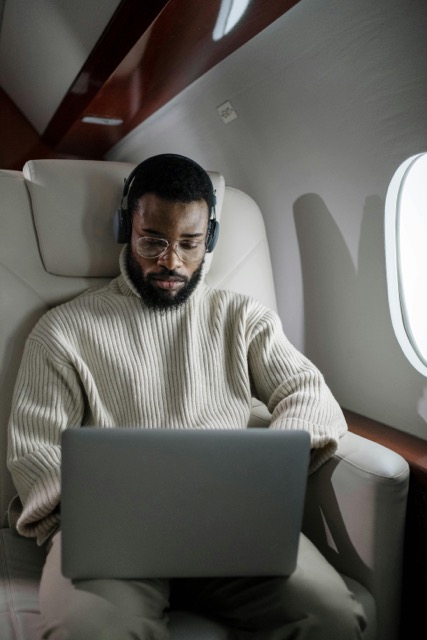
Reduced travel stress for frequent flyers
One of the most significant advantages of private flight over commercial flight is the reduction in travel-related stress for frequent flyers. Business travelers often face numerous challenges when flying commercially, including long security lines, crowded airports, and unpredictable schedules. Private jet travel eliminates these stressors, providing a more streamlined and comfortable experience.
With private flights, employees can arrive at the airport just minutes before departure, bypassing the chaos and delays often encountered in commercial airports. This efficiency significantly reduces travel time and allows employees to focus on their work or relaxation during the journey. The absence of crowds and lines contributes to a more peaceful travel experience, which is particularly beneficial for those who travel frequently for business.
Work-life balance benefits
Private flight offers unique advantages in terms of work-life balance for business travelers. The flexibility and efficiency of private jet travel allow employees to spend more time at home with their loved ones, reducing the strain on personal relationships that can often result from frequent business travel.
Moreover, private jets provide a conducive environment for both work and relaxation. Employees can utilize their travel time more effectively, either by preparing for meetings, catching up on work, or simply unwinding in a comfortable setting. This balance between productivity and personal time can significantly contribute to overall job satisfaction and employee well-being.
Attracting top talent with premium travel perks
In today’s competitive job market, companies are constantly seeking ways to differentiate themselves and attract top talent. Private jet travel has emerged as a premium perk that can set organizations apart from their competitors. According to a study by MMGY Global, 83% of road warriors consider a new employer’s travel policy to be equally or more important than pay or responsibilities when making career decisions.
By offering private flight options, companies demonstrate a commitment to their employees’ comfort and well-being. This can be particularly appealing to high-level executives and in-demand professionals who value their time and seek a more luxurious travel experience. The ability to provide such premium travel perks can give companies a significant edge in attracting and retaining top talent.
Furthermore, private jet travel can be leveraged as part of a comprehensive benefits package, showcasing the company’s investment in its employees’ overall experience. This approach not only attracts new talent but also fosters loyalty among existing employees, contributing to higher retention rates and a more stable workforce.
Private flight vs Commercial flight: Environmental Considerations
As the aviation industry faces increasing scrutiny over its environmental impact, private flight operators are taking steps to address sustainability concerns. While private jets have traditionally been associated with higher emissions per passenger compared to commercial flights, the industry is making significant strides in reducing its carbon footprint.

Sustainable aviation fuel options
One of the key ways the private jet industry is addressing environmental concerns is through the adoption of sustainable aviation fuel (SAF). SAF is an alternative to conventional jet fuel derived from sustainable sources such as biomass, waste oils, and agricultural residues. This innovative fuel option has the potential to significantly reduce carbon emissions, with some estimates suggesting a reduction of up to 80% compared to conventional jet fuel.
The adoption of SAF in private aviation is gaining momentum, with many operators and manufacturers actively embracing this eco-friendly alternative. Private jet companies are forming partnerships with fuel suppliers and sustainable energy companies to ensure a reliable supply of SAF, enabling them to substantially reduce carbon emissions. This transition demonstrates the industry’s commitment to sustainability and environmental responsibility.
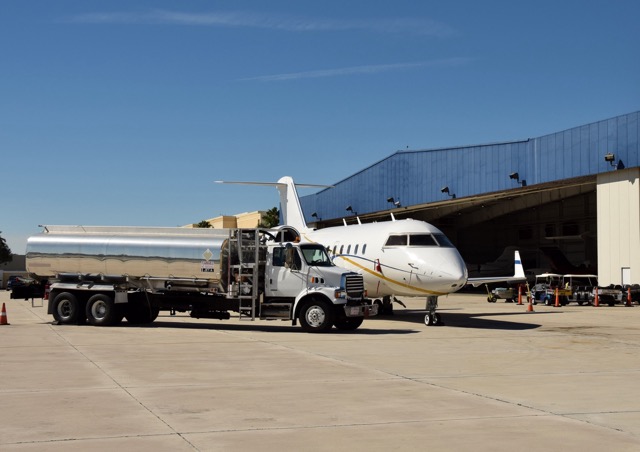


Carbon offset programs
To further mitigate their environmental impact, many private jet operators are implementing carbon offset programs. These initiatives involve compensating for carbon emissions by investing in projects that reduce or capture an equivalent amount of greenhouse gasses. Carbon offsetting allows travelers to mitigate the environmental impact of their flights while still enjoying the convenience of private aviation.
Some private jet charter companies are going beyond basic carbon offsetting by offering emissions-neutral flights. These programs take into account not only CO2 emissions but also other aviation emissions such as water vapor, aerosols, and nitrous oxide from contrails. By offsetting 300% of carbon emissions, these initiatives aim to address the full spectrum of environmental impacts associated with private flying.

Newer, more fuel-efficient aircraft
The development of fuel-efficient aircraft is another crucial aspect of reducing the environmental impact of private flight. Manufacturers are investing in research and development to design aircraft models that can efficiently utilize sustainable aviation fuel without compromising performance. These newer aircraft incorporate advanced technologies, improved aerodynamics, and lightweight materials to enhance fuel efficiency.
For example, some modern private jets can achieve fuel economies of up to 4.0 nautical miles per gallon, comparable to some of the highest-performing turboprops. This improved fuel efficiency not only reduces emissions but also lowers operational costs, making private aviation more attractive to environmentally conscious travelers.
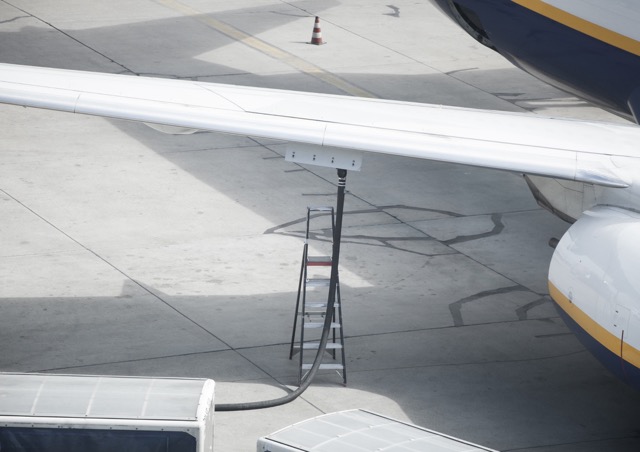
Private flight vs Commercial flight: Technology Integration
Private flight has embraced cutting-edge technology to enhance the travel experience and streamline operations. This integration of advanced systems sets private flight apart from commercial alternatives, offering unparalleled connectivity and convenience.
In-flight connectivity and communication tools
One of the most significant advantages of private flight over commercial flight is the superior in-flight connectivity. Private jets often come equipped with high-speed internet and advanced communication tools, allowing passengers to stay connected and productive throughout their journey. Many modern private aircraft offer satellite-based internet connections, providing download speeds ranging from 3 to 20 MB per second or even higher. This level of connectivity enables business travelers to conduct video conferences, send emails, and access cloud-based services seamlessly while in the air.
The importance of in-flight connectivity cannot be overstated, especially for business leaders and frequent flyers. According to the National Business Aviation Association, two-thirds of travelers report being more productive on a private jet than in their office. This increased productivity is largely attributed to the ability to work and communicate effectively during flight, making private flight an attractive option for those who value time and efficiency.
Digital booking and management platforms
The private flight industry has revolutionized the booking process through the implementation of digital platforms and mobile applications. These user-friendly interfaces allow clients to book charter flights quickly and efficiently, often in a matter of minutes. For example, private aviation company Sentient Jet saw USD 50 million in bookings through its app in 2020 alone, with more than USD 125 million in mobile bookings since the app’s launch in late 2017.
These digital platforms offer a range of features, including real-time pricing, aircraft selection, and personalized travel options. Some companies, like XO, have created leading digital platforms where users can check real-time pricing across a range of aircraft and global routes, with the ability to book private flights instantly. This level of convenience and transparency is a significant advantage over traditional commercial flight booking processes.
Real-time flight tracking and updates
Private flight operators have incorporated advanced flight tracking systems, providing passengers and their support teams with real-time updates on flight status, location, and estimated arrival times. These tracking tools are invaluable for those responsible for ground transportation connections and family members monitoring their loved ones’ journeys.
Many private jet operators offer live flight tracking services that provide current aircraft status, departure times, and scheduled arrival information. This level of detail and transparency is often not available with commercial flights, giving private flight passengers greater control and peace of mind during their travels.
The integration of these technologies in private flight not only enhances the overall travel experience but also addresses the growing demand for seamless, connected journeys. As technology continues to evolve, the gap between private and commercial flight experiences is likely to widen further, making private flight an increasingly attractive option for those seeking efficiency, productivity, and comfort in their travel arrangements.
Conclusion
The choice between private and commercial flights for business travel has a significant impact on companies’ operations and employee satisfaction. Private flight offers unmatched flexibility, efficiency, and comfort, making it a powerful tool to expand globally, boost productivity, and attract top talent. While environmental concerns exist, the private aviation industry is taking steps to address these issues through sustainable fuel options, carbon offset programs, and more fuel-efficient aircraft.
In the end, the decision to use private or commercial flights depends on each company’s specific needs and resources. However, as businesses continue to prioritize efficiency, employee well-being, and global connectivity, private flight is likely to play an increasingly important role in corporate travel strategies. The ongoing advancements in technology and sustainability within the private aviation sector suggest that its appeal will only grow stronger in the years to come.





